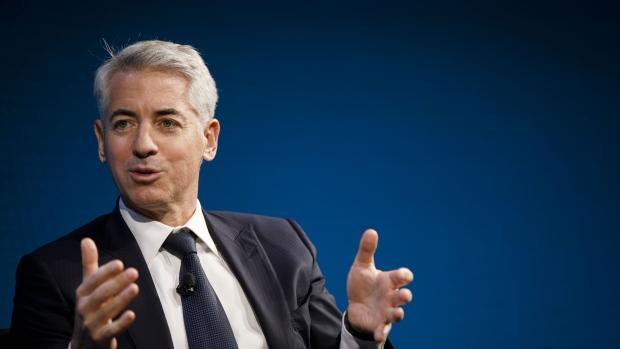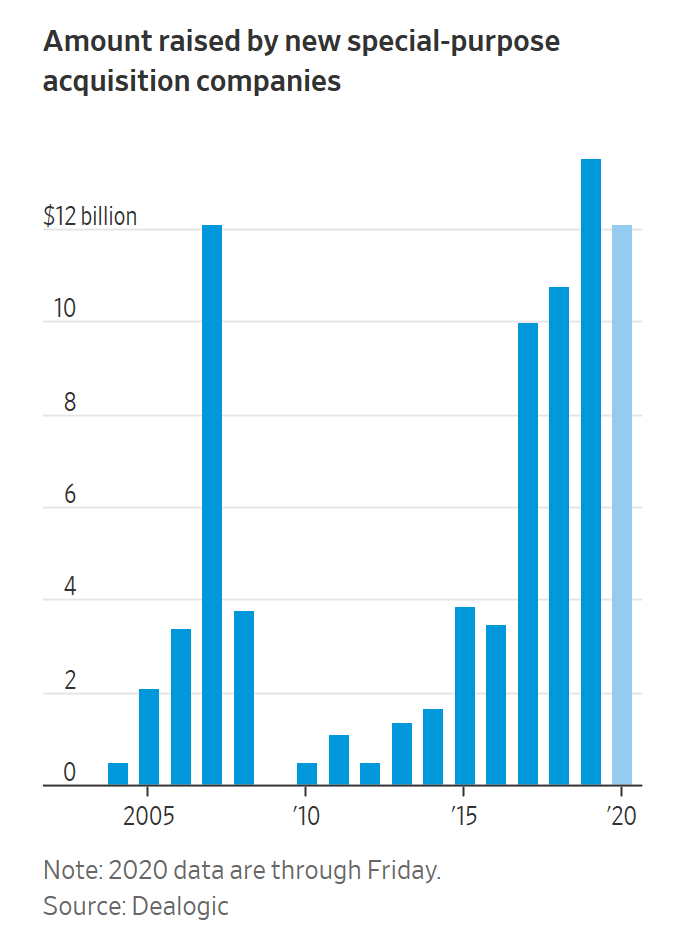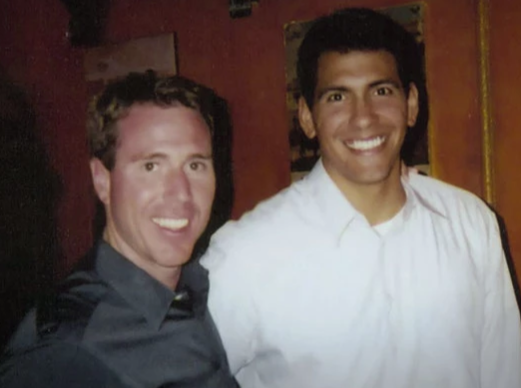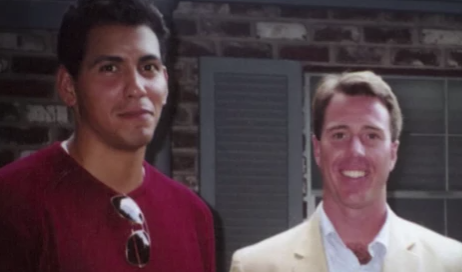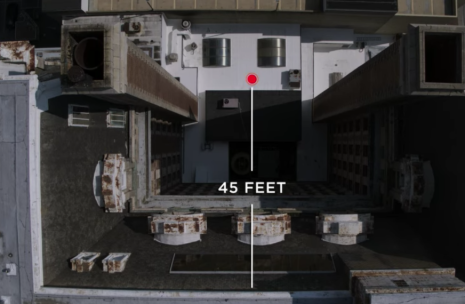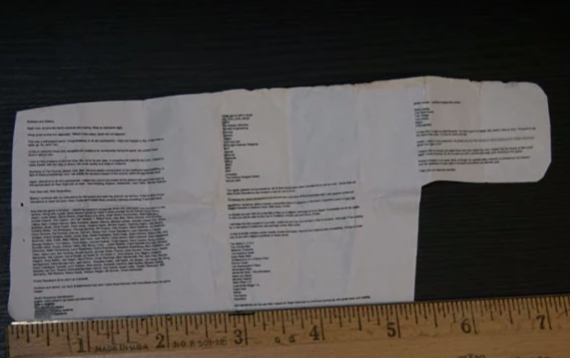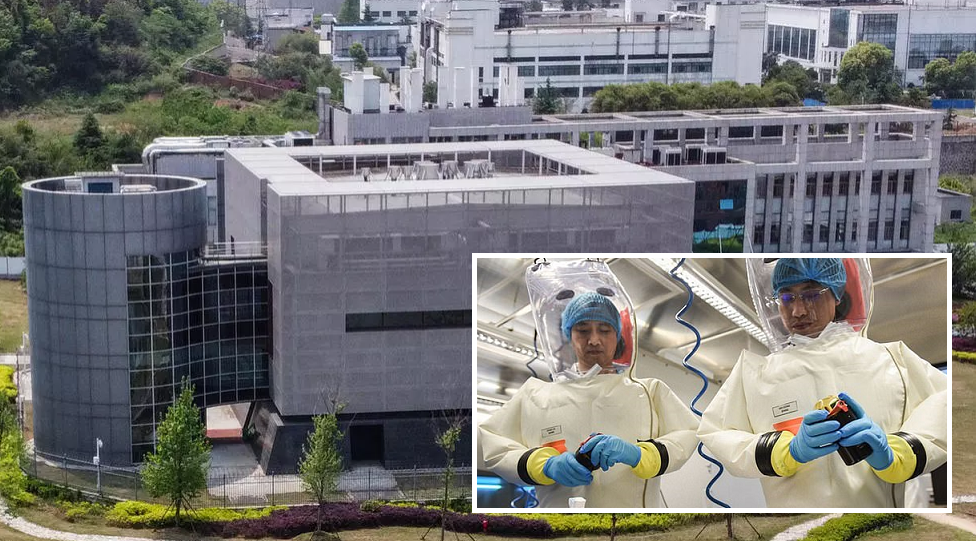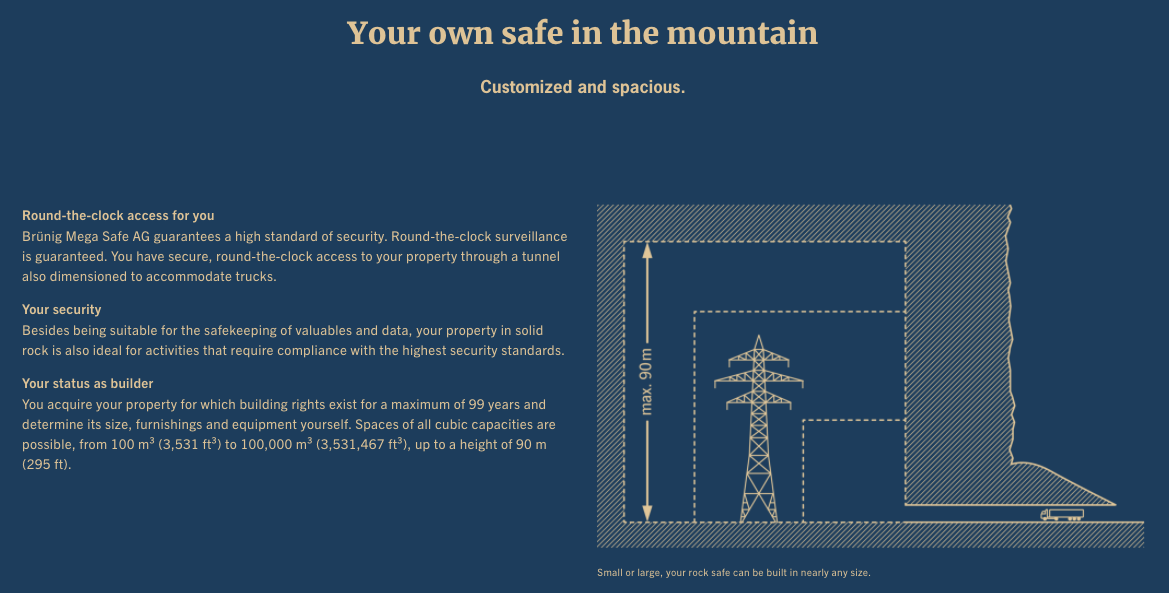The rise of mobile daytraders has been a global phenomenon during the pandemic. From the US to Europe to China to India, pajama traders swinging stock and options positions from their smartphones steadily increased as global central banks printed trillions of dollars and ignited a historic rally in world stocks.
Central bank balance sheets expanded rapidly as pandemic began.
World stocks drop on the pandemic, but V-shaped recovered as central banks unleashed trillions of dollar into global markets. It was the run-up when retail decided to download mobile apps for trading and join the stock market party.
More recently, daytraders in China have seen a chaotic melt-up catapult the tech-heavy ChiNext index 40% in the last 30 trading sessions.
US daytraders using the Robinhood mobile app bored during virus lockdowns with no sports and confined to their homes, panic bought shares of bankrupted companies, outpaced hedge funds in returns over the last several months.
The rise of daytraders using smartphones has also become popular in India. Mobile trading recently overtook internet-based trading in cash markets.
Nitin Kamath, founder, and CEO of Zerodha, told BloombergQuint, inexpensive smartphones have made mobile trading more accessible to the masses who don't have access to a desktop computer or traditional stockbroker.
Official data via the National Stock Exchange of India shows mobile trading turnover in cash markets increased 9-percentage-points to 23% since February, compared against the 4-percentage-point rise to 13% for internet trading during the period.
As of June, the mobile share of trading on the National Stock Exchange was about a quarter of all traders.
Upstox, an Indian discount brokerage firm operated by RKSV Securities India Pvt., which has a mobile app for trading - has seen a rapid increase in users this year:
"Over the last year, Upstox has on-boarded a large number of digitally savvy traders from non-metro cities," Ravi Kumar, co-founder, said in a statement. "Over 80% of the total customer base acquired by the company is from tier-2 and tier-3 cities like Nashik, Jaipur, Guntur, Patna, Kannur, Tiruvallur & Nainital and among others. Currently, almost 75% of the total customer base is below the age of 35."
BloombergQuint notes, "as more investors flock to equity markets, shares of listed brokerages surged in the last three months. ICICI Securities, IIFL Securities Ltd., 5paisa Capital Ltd. and Motilal Oswal Financial Services Ltd. jumped 33-101% during the period."
NIFTY's rising wedge broke - can't get too excited about this pattern's downside break.

We've already outlined Robinhood traders blowing up their accounts by taking out too much leverage.
- Robinhood Trader's Suicide Is Warning For Millennial Investors
- "Almost $1 Million Disappeared": A Robinhood Horror Story
And how will this all end for inexperienced daytraders using mobile apps to panic buy stocks across the world at record high valuations? Well, Leon Cooperman recently said it 'won't end well'.



